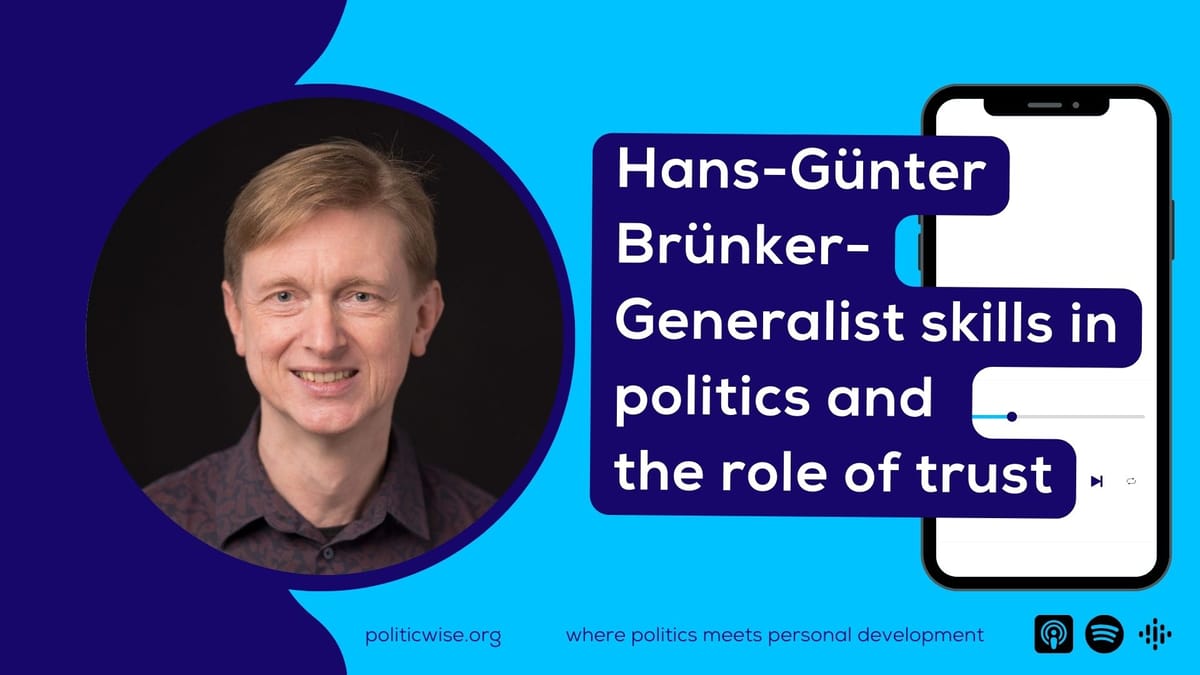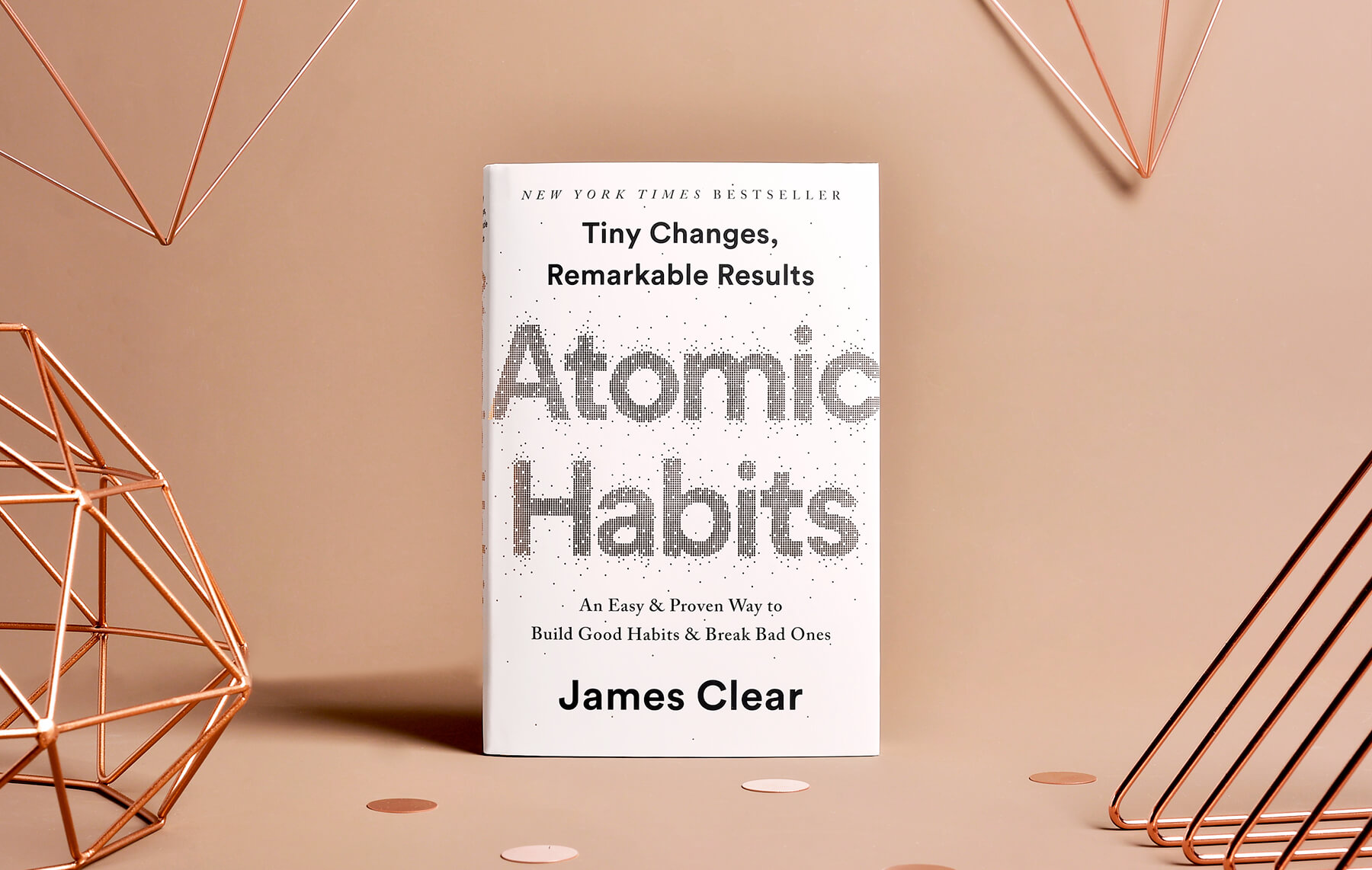'Make it obvious' & 'make it attractive' were the first 2 principles of habit-building I shared in the last newsletters.
As a reminder, here are the four principles of habit-building.
- Make the cue obvious (or to break a habit: make it invisible)
- Make the craving attractive (or to break a habit: make it unattractive)
- Make the response easy (or to break a habit: make it difficult) - TODAY'S FOCUS
- Make the reward satisfying (or to break a habit: make it unsatisfying)
Today, let's break down the 3rd principle: make it easy.
The bottom line for taking action that become habits: the simpler, the better. Our brains are wired to follow the path of least resistance. Reduce the friction to make action easier that builds 'good' habits. Increase the friction to make action difficult that would lead to 'bad habits'.
Keep at it, often enough, to reach automaticity
I find the most motivating fact of building habits is this:
With every repetition, the action gets easier until you reach ‘automaticity’. That's a threshold after which you don’t have to think about each step of the action. It becomes automatic and the unconscious takes over.
'Long-term potentiation' is what neuroscience calls it: ‘Neurons that fire together, wire together’. It means that taking an action repeatedly, physically strengthens a neural pathway associated with it.
And the pathway starts with small steps, repeated often enough.
How to get started?
The Two-Minute Rule
The ambitious part in you won't like this first tactic: the two-minute rule.
Build a new habit by taking action that only takes two minutes. Struggling to reach out to potential donors? Write a short message to 1 person to keep in touch. Struggling to write a regular newsletter to your followers? Collect a few topics you want to share in bullet points. The next day write out a few sentences on the first bullet point. And so on. Never take more than two minutes.
The idea is to make the initial action so easy that it acts as a gateway to longer, more sustained effort. So that you keep coming back. It's about beating procrastination by making the threshold for starting almost nonexistent.
Not only this, you are also leveraging the Zeigarnik effect: your brain's desire to complete something that was started. Ernest Hemingway once said, “When you are going good, stop writing." You end on a happy note of having accomplished something, and you're motivated to get back to work as soon as possible.
I find the hardest part in following this rule is a false sense of ambition, making you believe you can bite of a huge chunk of the cake. It's believing you can transform your habits by end of week. Getting started by end of week is a smarter move.
Your environment plays a huge role in shaping your behavior. If you want to make a habit easy, arrange your surroundings to support it. If you're aiming to eat healthier, stock your fridge with ready-to-eat fruits and vegetables. If you want to exercise more, keep your workout clothes and shoes next to your bed. By making the cues for your desired habits visible and accessible, you're setting yourself up for success. Remember, out of sight, out of mind. Keep your goals in plain sight.
Commitment device
A 'commitment device' is a choice you make in the present to lock in future choices, e.g. you install software now that blocks social media sites. You delete apps on your phone to prevent future doom-scrolling. You don't buy snacks in the supermarket to make it harder for future lazy you to binge.
A word of caution: motion is not action.
Motion is planning, strategising, learning; it has its place. But only action gets an outcome. Taking (small) action repeatedly is what builds habits. When we choose motion over action it's often because we try to delay failure or rejection. When you think about what habits to build and how to do it, move from motion to action, take the first step, as quickly as possible.
I'll share the last principle of habit-building next week: make it satisfying.
What do you think of this mini-series on habits? 👍 or 👎
🎙️ My latest podcast

📚 What I read & listen to

🖋️ My favourite quote
"Improve by 1% a day, and in just 70 days, you’re twice as good.” – Alan Weiss

